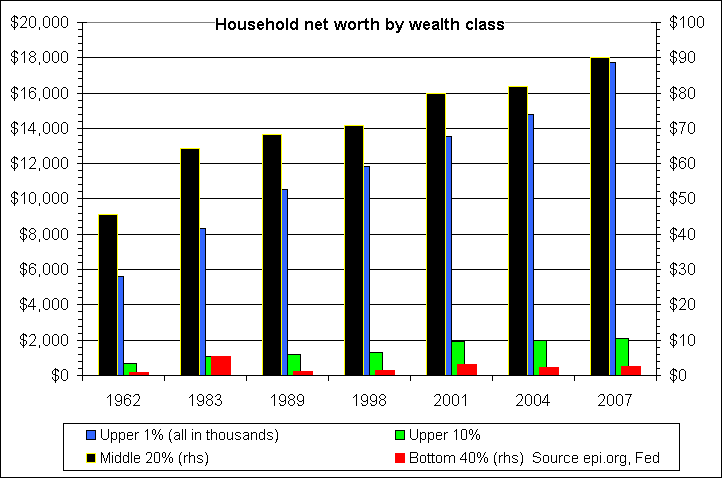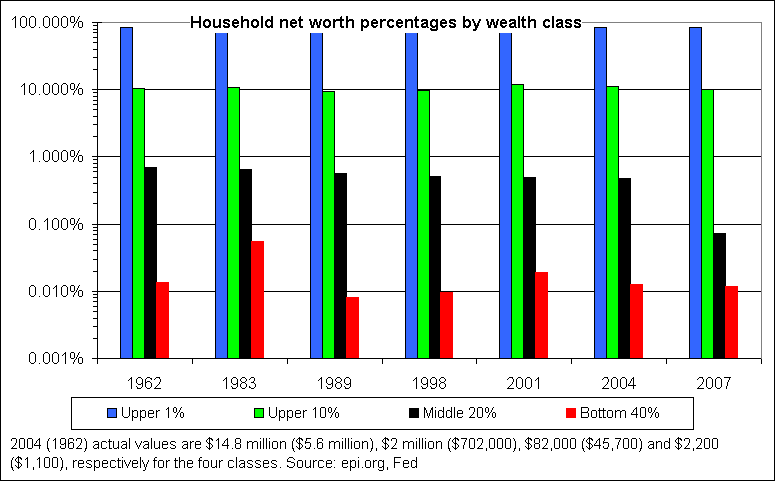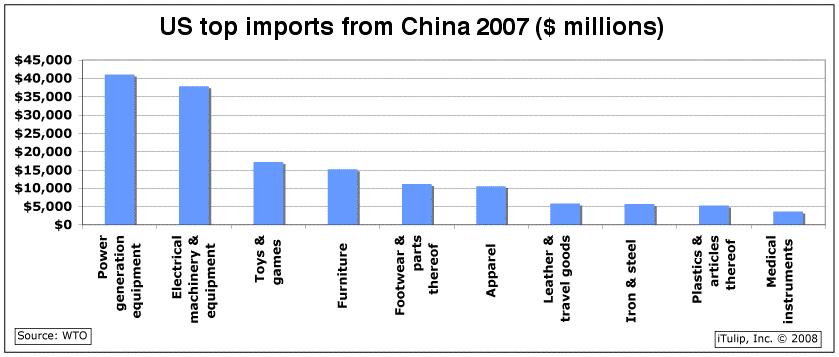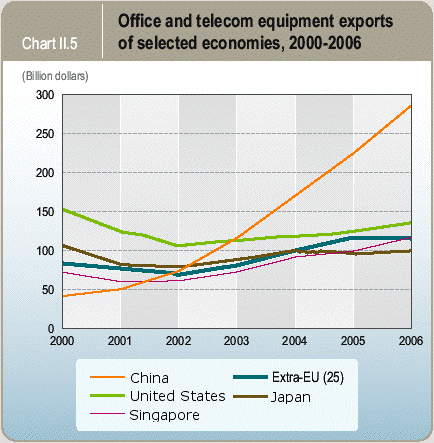Re: Denial springs eternal
Depends on what the actual objective really was.
Iraq notwithstanding, the USA has arguably played the single most important role in bringing some semblance of peace and stability to the world in the last 100 odd years. The opening of its market and "globalization" [meaning the linking of economies together in a mutual dependence] would appear to have been a large contributor to that end.
Having observed up-close the growing nationalism and growing anti-Americanism in just one region that was formerly allied to US objectives, I truly wonder what that portends for global stability and peace over the next 100 years.
Originally posted by Finster
View Post
Iraq notwithstanding, the USA has arguably played the single most important role in bringing some semblance of peace and stability to the world in the last 100 odd years. The opening of its market and "globalization" [meaning the linking of economies together in a mutual dependence] would appear to have been a large contributor to that end.
Having observed up-close the growing nationalism and growing anti-Americanism in just one region that was formerly allied to US objectives, I truly wonder what that portends for global stability and peace over the next 100 years.









 :cool:
:cool:



 .
.
Comment